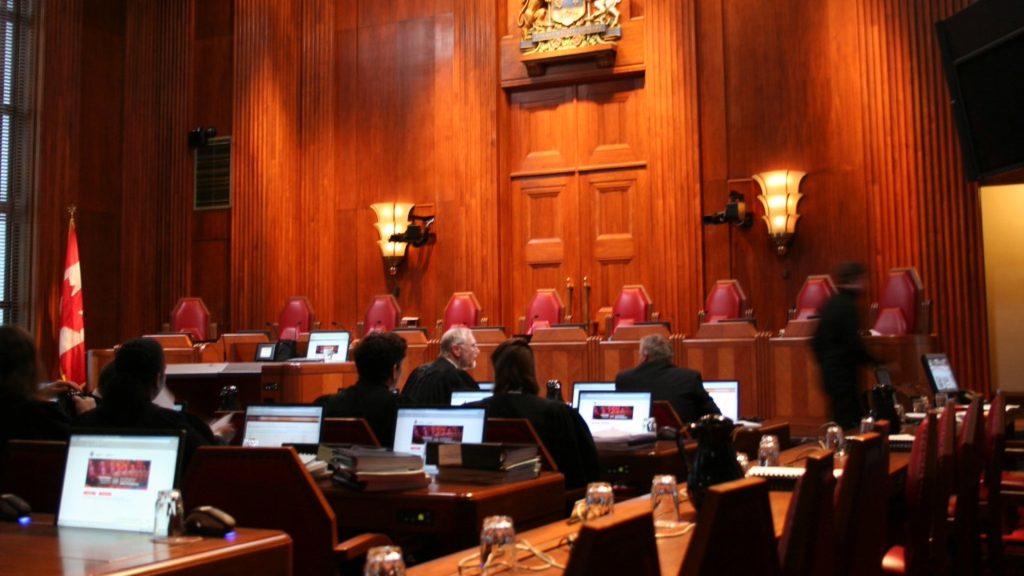Recent developments have criticized Texas public universities for complying with Senate Bill 17, which prohibits funding for Diversity, Equity, and Inclusion (DEI) programs.
Critics argue that this move may further worsen inequalities and hinder progress towards inclusivity. This has sparked a debate on the effectiveness of such initiatives and the prioritization of merit over diversity.
Texas A and M University Reduces Annual DEI Budget by 30%
According to the Claremont Institute’s Center for the American Way of Life, a conservative think tank, Texas A and M University’s annual DEI budget stood at $11 million.

The number of Black Aggies who “agreed” or “strongly agreed” to belonging at the university decreased by approximately 30% from 2015 to 2020.
Dei Programs Claim To Address Racial and Gender Inequalities.
DEI-based programs nationwide claim to tackle primarily racial and gender disparities, yet they frequently prove ineffective within higher education institutions.

They can even be harmful within the corporate world, where graduates often transition, as they may prioritize diversity over qualifications, leading to resentment and division among employees.
University of Texas Laid off at Least 60 DEI Employees
According to the Austin American-Stateman, the University of Texas laid off at least 60 employees in diversity, equity, and Inclusion-related positions.

The mass firings occurred because Senate Bill 17 became effective in January. This new bill states that Texas public universities and colleges are banned from funding related to DEI.
Layoff Sparks Outrage From Some Texas Outlets
Several Texas outlets criticized the bill once again after this news surfaced. They argue that many individuals are now seeking new employment, a challenge in this job market.

However, the increased number of DEI positions and a closer look at the response and data surrounding DEI emphasize the need for a more thorough examination of DEI initiatives.
A Divide Among Texans Regarding the Ban on Dei Programs
A recent June poll indicates a divide among Texans regarding the ban on DEI programs, with 49% “strongly” or “somewhat” expressing support and 34% opposing it.

“While some see this as a necessary step towards merit-based practices, others view it as a setback for diversity and inclusion,” explained a political analyst.
Millions Allocated to DEI Staff Salaries Has Raised Concerns
According to the American Statesman, at least 40 of the 60 laid-off DEI staff were from the Division of Campus and Community Engagement and received a median annual salary of approximately $69000.

The staggering amount allocated to DEI staff salaries, exceeding $2.7 million annually, has raised eyebrows. It is reported that this fund would be diverted to fund need-based in-state tuition for four years for nearly 60 Hispanic or Black women because poverty usually disproportionately affects those demographics.
Dei Effectiveness Questioned as It Fails to Foster Inclusivity
Despite substantial investments in DEI initiatives, universities like Texas A and M and UT continue to struggle with diversity and inclusivity

A report released in 2022 by University of Texas students reported that the institution “does not offer the inclusivity that LGBTQIA+ students and other historically oppressed groups demand.”.
Administrators Thought DEI Was Great, But the Numbers Tell a Different Story
Administrators of the University of Texas and A and M thought DEI was great and effective, but their DEI staff numbers tell a different story.

The initiative feels like a good cause, but no tangible results exist. As shown by 2022 statistics, only 5% of enrolled students were black, 25% Latino or Hispanic, and 35% were white. To make it worse, the faculty was less diverse, with the majority of 70% white,5% black, and 10% Hispanic.
DEI Initiatives in Colleges May Foster Student Expectations of Special Treatment
DEI initiatives in Universities and Colleges may reinforce a sense of self-centeredness among students, suggesting that their educational success is related to the potentially marginalized aspects of their identity, leading them to expect special treatment.

For example, does a company owe a job to a new graduate just because they are gay or Muslim? Prioritizing hiring based on these identifiers, especially if the candidate benefited from DEI efforts in college, may contradict the principles of equity and inclusivity.
Backlash Against DEI Initiatives in Workplace Following Affirmative Action Ruling
According to a report by Paradigm, DEI initiatives in the workplace are now encountering resistance, especially after the Supreme Court’s 2023 affirmative action ruling.

A survey conducted by ResumeBuilder.com, involving 1,000 hiring managers nationwide, revealed one in six managers“have been asked to deprioritize hiring white men,” while nearly half stated “prioritize diversity over qualifications,” Additionally, over half of the respondents“believe their job will be in danger if they don’t hire enough diverse employees,” Furthermore, a significant 70% believed that their company’s DEI initiatives were merely for show.
Fewer Qualified Individuals Will Secure Jobs Because They’re Not Marginalized
Now, fewer qualified individuals will secure jobs because they’re not marginalized. Ignoring white males because they’re perceived as part of a privileged patriarchal system is no longer acceptable, especially considering it’s against the law.

Bloomberg reported last fall that there is a significant disparity in job distribution. Following the 2020 Black Lives Matter protests, the S and P 100 added over 300,000 jobs, with 94% going to people of color. Considering that only about a quarter of the U.S. population is non-white, this statistic raises eyebrows.
Are Anti-Discrimination Laws the Answer?
The question is whether anti-discrimination laws are more effective than DEI initiatives or are they unnecessary altogether. Texas Republicans appear to lean toward ruling, affirming they are excessive, as evidenced by their recent ban.

However, with a legislative body largely dominated by males and Caucasians, others argue that DEI measures are deemed unnecessary, given their perceived attainment of success.
DEI Programs in Colleges Are Excessively Expansive and Ineffective
It’s also evident that college DEI programs have become excessively expansive and ineffective. While once a promising idea, they now extend beyond reasonable limits, achieving little on campuses and sometimes even under workplace diversity places.

This makes companies prioritize token representatives over merit-based hires based on sex and race.
Layoffs of the 60 Staff Serves as a Short-Term Solution to a Long-Term Problem
While the 60-individual layoffs may seem severe, they are a short-term solution to a long-term problem.

DEI initiatives often advance individuals based on their marginalized status rather than merit, ultimately creating an exclusive environment in the name of inclusivity.






